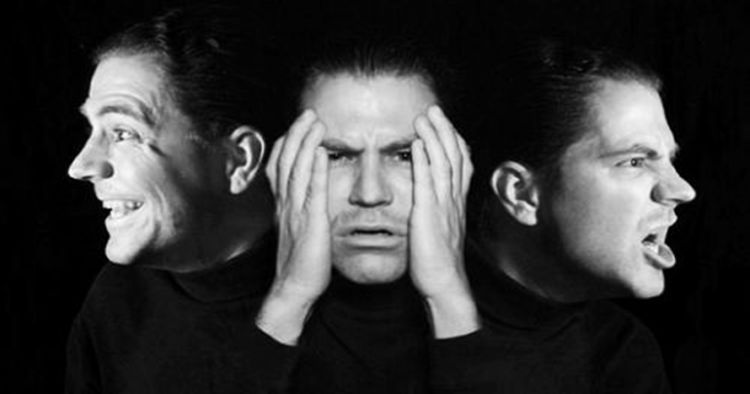Research shows that an imbalance of dopamine and serotonin levels can lead to schizophrenia. Dopamine and serotonin are part of neurotransmitters, chemicals that function to send signals between brain cells. There are differences in brain structure and function in schizophrenics. These differences include:
- Connections between brain cells are fewer.
- Smaller temporal lobe size. The temporal lobe is the part of the brain associated with memory.
- Larger brain ventricular size. The ventricle is the part in the brain that contains fluid.
3. Pregnancy and Childbirth Complications
A number of conditions that occur during pregnancy are thought to be at risk of causing schizophrenia in children born. Among these are lack of nutrition, exposure to toxins and viruses, preeclampsia, diabetes, and bleeding during pregnancy.
Complications during childbirth are also at risk of causing this disease in children. For example lack of oxygen at birth (asphyxia), low birth weight, and premature birth.
Some other risk factors are:
- Increased immune system due to autoimmune diseases and inflammation.
- Brain injuries due to falls or accidents, including those that occur in childhood.
- Viral infections, especially influenza and polio viruses.
In people with the factors mentioned above, stress is the most important psychological factor that can trigger schizophrenia. Stress can occur due to divorce, loss of work or place of residence, and being left by a loved one. Sexual harassment or physical and emotional abuse can also cause stress.
Moreover, drug abuse such as cocaine, cannabis, and amphetamines can also trigger this mental disease in people with the above risk factors. Research shows, cannabis addicts are 4 times more likely to develop schizophrenia.
Schizophrenia Diagnosis
To diagnose schizophrenia, the following criteria are used:
- Patients experience minimum of two of the following symptoms: delusions, hallucination, speech disorder, chaotic behavior, and negative symptoms. At least, one of the two symptoms that must be present is delusions, hallucinations, and speech disorder.
- The symptoms above must be experienced by the patient, for at least 6 months. Moreover, their work and social life are disrupted.
- The above symptoms are not caused by other mental disorders, such as bipolar disorder, or drug abuse.

Complications
If left untreated, this disease can lead to a number of serious complications, such as:
- Think and try to kill yourself.
- Depression.
- Phobias.
- Self-harm.
- Drug abuse and alcoholism.
- Aggressive and rowdy behavior.
Schizophrenics can also have problems in relationships with family and the environment. So, they choose to isolate themselves. In addition, the symptoms experienced can make it difficult for sufferers to work, which can have a negative impact on their financial condition.
Treatment
Until now, there has been no cure for schizophrenia. Treatment methods are only limited to controlling and reducing symptoms in patients. Some of these treatment methods are:










